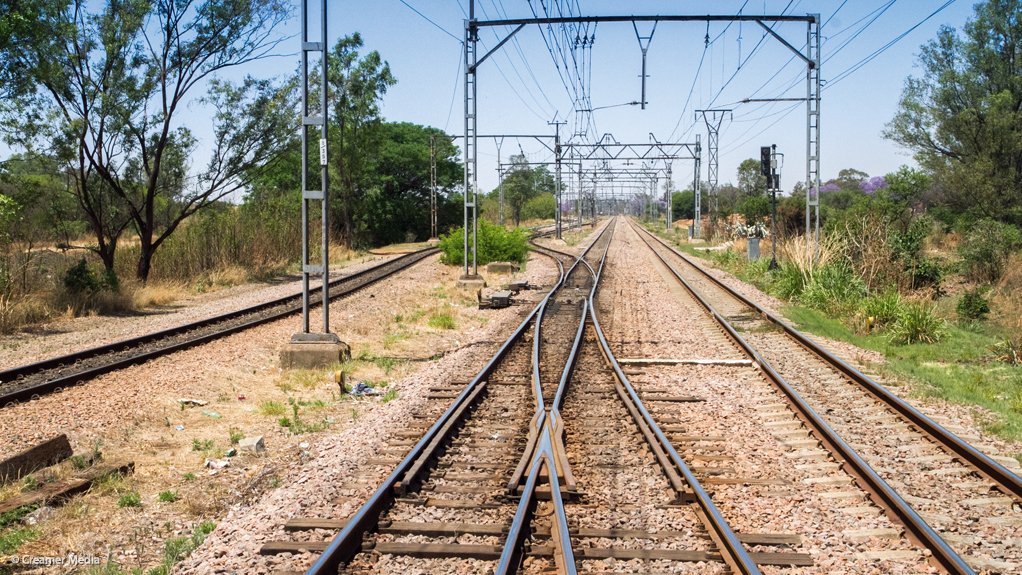State-owned freight logistics group Transnet has confirmed that an open and transparent framework for granting private train operating companies’ third-party access to the South African railway network hitherto monopolised by Transnet Freight Rail (TFR) will come into operation in April next year.
In unveiling a recovery plan for the embattled group, chairperson Andile Sangqu reported that TFR would be separated vertically by the end of October to create two separate divisions, to be named the Transnet Freight Rail Operating Company (TFROC) and the Transnet Rail Infrastructure Manager (TRIM).
“In support of the recovery plan, the TRIM will focus on protecting and restoring rail network capacity for commercially viable high-volume traffic to assist TFROC in delivering the highest possible tonnage for each of the six-month components of the plan,” Sangqu said at a briefing to unveil a turnaround plan that is premised on a material recovery in rail volumes.
TFROC would be headed by Russell Baatjies and TRIM by Bessie Mabunda and the commercial and personnel separation of the entities was well advanced.
In November, a network statement would be published clarifying the group’s approach to third-party access, which had hitherto not advanced at a pace in line with the priority that the reform had been given by government.
Last year, Transnet sought to sell 16 slots to private operators on its container and Cape corridors through a competitive process, but only Traxtion Sheltam was conditionally awarded slots between Kroonstad and East London on the Cape Corridor. That award was terminated, however, in anticipation of a new approach to third-party access.
The reform received fresh impetus following the formation of the National Logistics Crisis Committee and the establishment of the Interim Rail Economic Regulator Capacity.
“Third-party access will be opened by April 2024,” Sangqu confirmed, while insisting that the rail reform programme remained on track and was a critical part of the group’s recovery plan.
Baatjies, who is acting TFR CEO, said once the network statement had been published, a submission would be made to the Interim Rail Economic Regulator Capacity for a rail-access tariff.
Chief of strategy and planning Andrew Shaw said the separation between rail operation and infrastructure was in line with the Economic Regulation of Transport Bill and the National Rail Policy and would differ from the National Ports Act in that there would be no “grandfather rights” for TFROC.
“In the case of rail access, it's a free open system of allocated train-access slots,” he asserted. “So, there's much greater transparency in the system than even in the port system.”
Shaw also confirmed that Transnet intended pressing ahead with a 20-year lease of the full container corridor between Durban and Johannesburg, but did not provide an update on the process, which had been delayed.
Separately, Transnet was pressing ahead with a plan to establish a rail rolling stock leasing company by way of a private sector partnership.
Shaw reported that Transnet had rolling stock that it no longer used, and which could be repurposed to help facilitate third-party access.
The absence of rolling stock for lease emerged as a key constraint for companies that expressed an initial appetite for the now terminated slot-sale process.
“It creates the opportunity for us to create contracts into Transnet Engineering to repair that rolling stock … and then to use it through a lease company, which we are in advanced stages of setting up, in such a way that it can be a conduit to get that into the market.”
EMAIL THIS ARTICLE SAVE THIS ARTICLE ARTICLE ENQUIRY
To subscribe email subscriptions@creamermedia.co.za or click here
To advertise email advertising@creamermedia.co.za or click here











